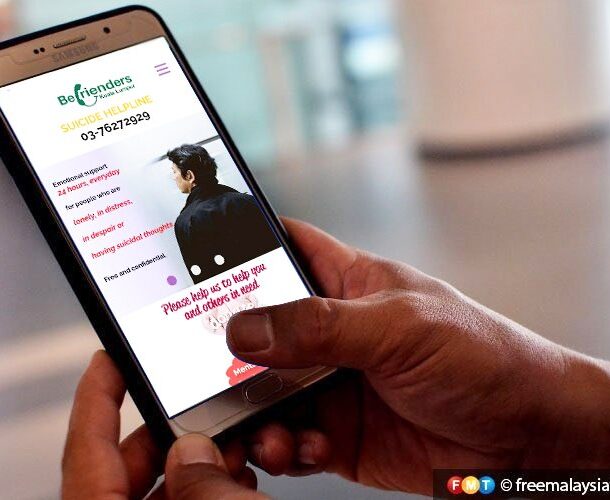
While a seat on the United Nations Human Rights Council offers Malaysia an “excellent opportunity” to improve its human rights record, Human Rights Watch (HRW) doesn’t believe the government will seize that chance.
HRW’s deputy director (Asia) Phil Robertson said Malaysia is patting itself on the back for “winning” a seat to fill the 18 vacancies which saw an equal number of nominations for a place in the 47-member United Nations Human Rights Council for the 2022-2024 term.
After Malaysia received 183 votes on Thursday, Prime Minister Ismail Sabri Yaakob called it a “great achievement”.
Stating that Malaysia has a long way to go before it can be called a “rights respecting state”, Robertson said early indications are that the new government is heading the wrong way on human rights laws and policies, such as by giving the police a “free pass” on continued deaths in police detention.
“Malaysia is patting itself on the back for winning a non-competitive election where the number of applicants was equal to the number of seats available,” he told FMT, adding that it meant all the countries in the running got a seat.
“It is not as if the government made any serious pledges to better uphold human rights. As a source of comparison, Malaysia is still one of the world’s worst when it comes to ratifying international human rights treaties.
“As always, when it comes to Malaysia and human rights, it is a matter of hoping for the best while preparing for the worst,” he said.
Robertson also called the election a “triumph of the symbolic” over any real progress on human rights in Malaysia, a view that was shared by the Society for Promotion of Human Rights (Proham).
In a statement, Proham said that while the seat is an admirable achievement for Malaysia internationally, back home, the government has to “walk the talk” in its pledges on human rights.
“While Malaysia’s success in taking a seat is interpreted as a recognition of the status of human rights as announced by the prime minister, Proham is of the view that such interpretation requires a reflection on the human rights situation in the country to avoid using human rights as a tool for the national interest,” it said.
Like Robertson, Proham also noted the country’s lack of urgency to commit to the international human rights treaties, stating that Malaysia is “among the lowest” in signing them.
Thus far, Malaysia has only signed the Convention on the Elimination of Discrimination against Women (CEDAW), the Convention on the Rights of the Child (CRC) and the Convention on the Rights of Persons with Disabilities (CRPD).
Archaic and repressive laws
The Centre for Independent Journalism (CIJ), meanwhile, urged the government to place greater emphasis on promoting and upholding its international human rights obligations within the country – such as by strengthening Malaysians’ fundamental right to freedom of expression, assembly, and speech.
CIJ executive director Wathshlah Naidu noted that between January to August, there have been a minimum of 17 cases – involving 37 individuals, human rights defenders and artists – investigated under “archaic and repressive” laws such as the Sedition Act 1948 – which she said is used to suppress critical debates and dissent in Malaysia.
She also said authorities have frequently used harassment tactics towards the media, highlighting a “worrying pattern” of journalists being summoned by the police for their reporting – with at least five such cases this year alone.
“The government must take sincere and concrete action to improve its human rights record at home. This international commitment should not remain a mere facade but must be translated into real action and reform at the national level,” she said.
Klang MP Charles Santiago also noted how freedom of expression, assembly, and speech have taken a “huge whack” since the beginning of the Covid-19 pandemic, highlighting how opposition politicians, activists, journalists and bloggers have been targeted for exercising those fundamental rights.
Stating that he was “baffled” by the win given Malaysia’s “unacceptable” human rights record, Santiago noted how the country had yet to ban child marriages while custodial deaths are still a regular occurence.
He also raised the issue of the government’s appeal of the High Court verdict over automatic citizenship for children born overseas to Malaysian mothers, as well as the unwillingness to abolish the death penalty and continued criminalisation of homosexuality – which he said results in violence against the LGBT community.
Santiago also noted that raids continue to target migrant workers, who are then detained in horrendous conditions – with refugees also not legally recognised, and thus, denied the right to work, education and affordable healthcare.
“Ismail must be reminded that this victory isn’t an acknowledgment of good conduct,” said Santiago.
“If anything, I hope Malaysia will buck up and try to live up to its reform promises.”
Source: Free Malaysia Today
